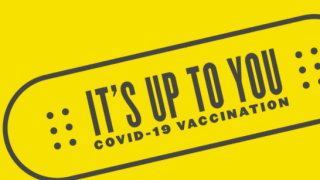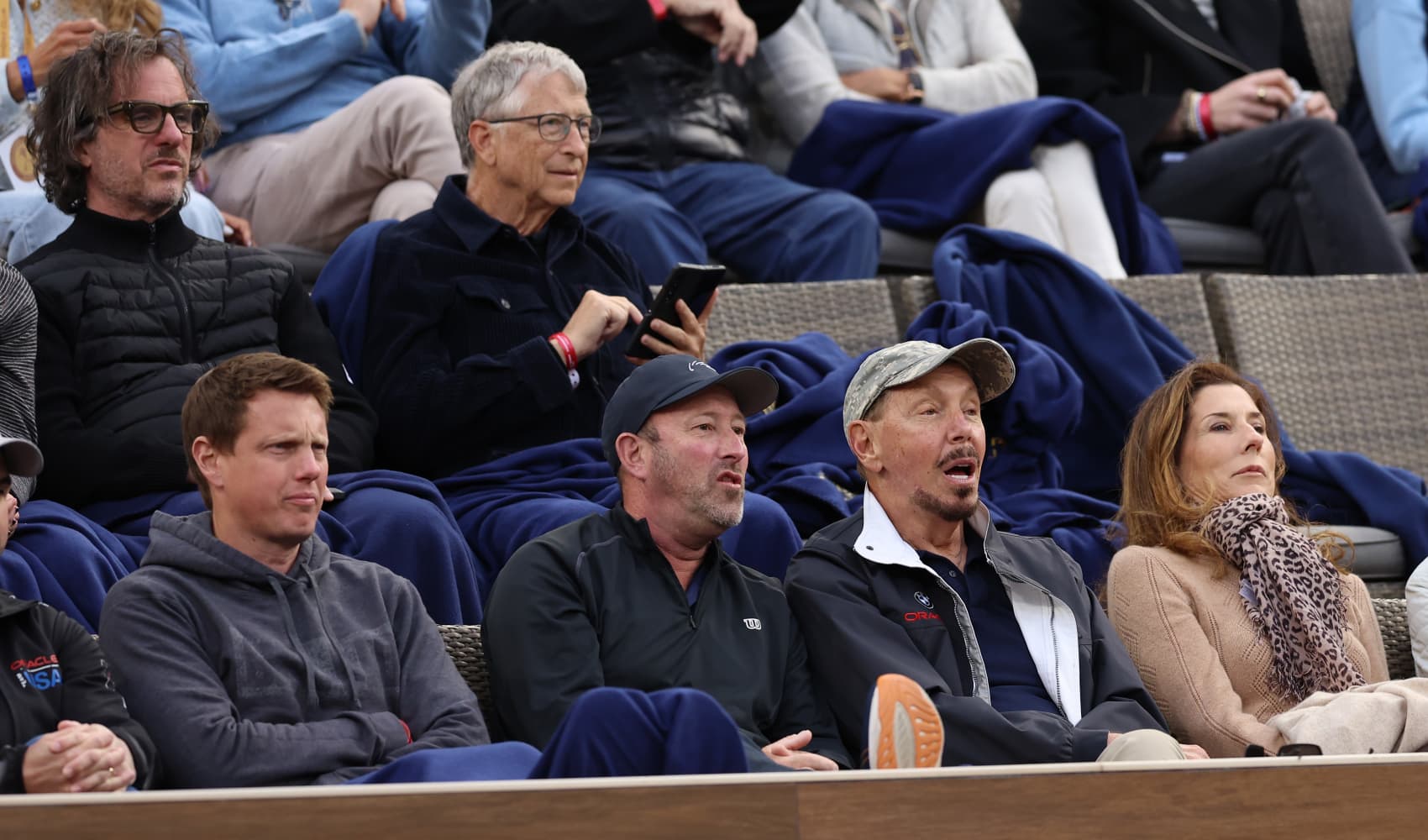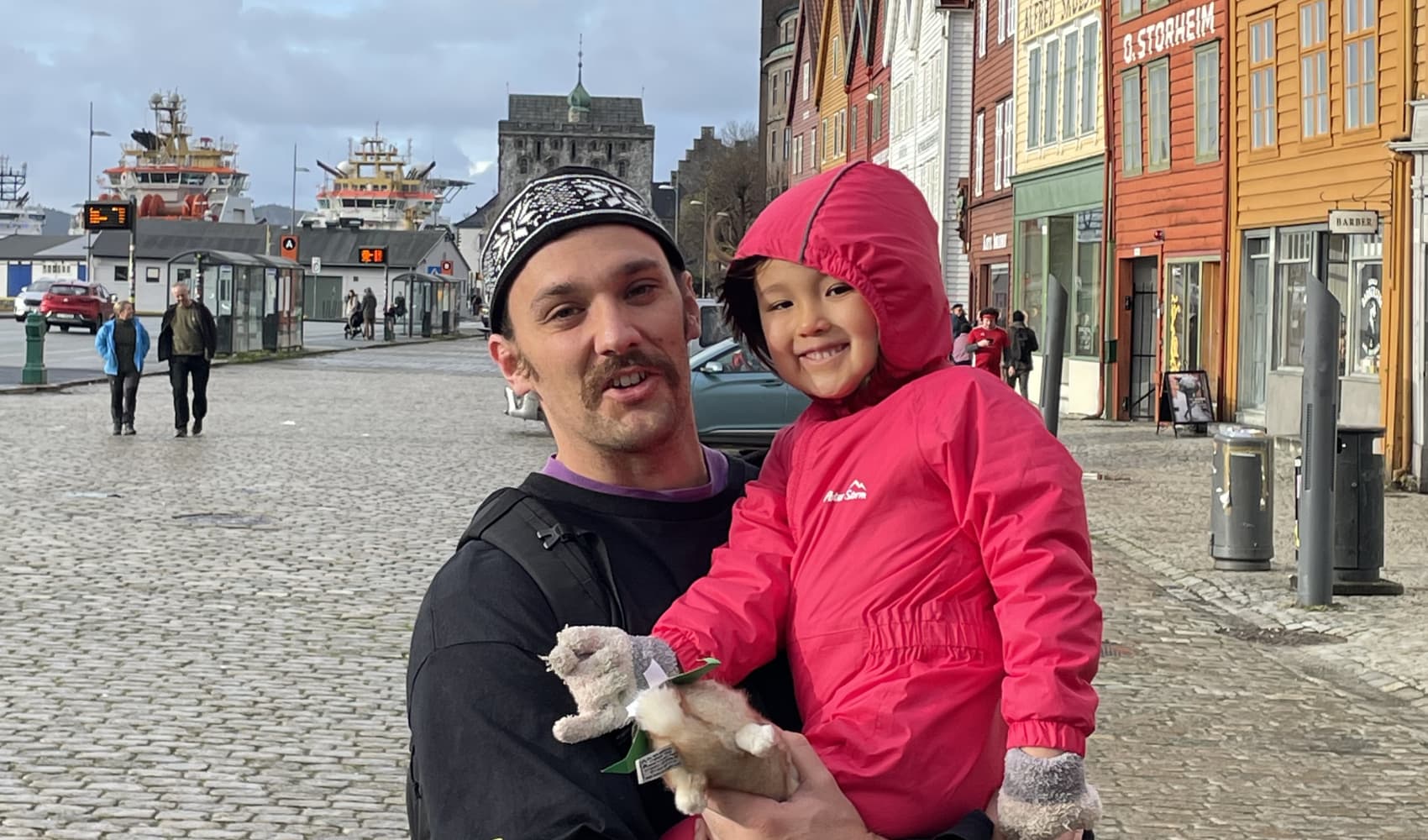
- The Ad Council is ramping up what it says is one of the largest public education efforts in U.S. history to educate Americans about the Covid vaccines.
- The organization is kicking off an effort to educate the American public with factual information, working with the top vaccine and public health experts to move people from "vaccine hesitancy" to "vaccine confidence."
- The reach of the campaign will be broad, with dozens of brands, media companies and social platforms making content and donating media to extend the "It's Up To You" message.
As it starts to roll out a massive Covid-19 vaccine education campaign, the Ad Council wants Americans to know that it's OK to have questions about the vaccines. And it wants to point to vetted, accurate answers to those questions.
The Ad Council is a nonprofit organization that makes and distributes public service announcements, including campaigns such as "Friends Don't Let Friends Drive Drunk" and "Smokey Bear," and has distributed information during times of crisis including the period after Sept. 11 and Hurricane Katrina.
Now the organization is ramping up what it says is one of the largest public education efforts in U.S. history with the Covid Collaborative, a coalition of experts in health, education and the economy.
"I think it's fair to say that this is the biggest issue of our lifetime. And we really felt that it required the most significant public education effort we've ever undertaken," Lisa Sherman, president and CEO of the Ad Council, said in an interview with CNBC. "We started to get hopeful that there's a light at the end of the tunnel with these vaccines being available, and the extraordinary and heroic efforts of the scientific community to make that happen. But we also simultaneously were very aware that there are high levels of vaccine hesitancy, especially in communities of color."
The organization is kicking off an effort to educate the American public with factual information, working with the top vaccine and public health experts to move people from "vaccine hesitancy" to "vaccine confidence," she said.
The reach of the campaign will be broad, with dozens of brands, media companies and social platforms making content and donating media to extend the "It's Up To You" message. Those partners include Disney, Fox, Google and YouTube, Facebook, Spotify, Twitter, and many more.
Money Report
Spotify, for instance, will make audio PSAs and messaging points for podcast hosts to read about vaccine awareness and education. Disney will run public service announcements across platforms like ABC, ESPN and Hulu, while Twitter will develop a custom hashtag emoji to support the campaign and host a live Q&A featuring a medical expert.
Feeling out of the loop? We'll catch you up on the Chicago news you need to know. Sign up for the weekly> Chicago Catch-Up newsletter.
The campaign will guide people toward a website, GetVaccineAnswers.org, where they can get answers to questions about the vaccines. Sherman said the site will be updated frequently with data and information. The site was vetted by the Centers for Disease Control and Prevention, the U.S. Department of Health and Human Services and the FDA, and will be available in seven languages, she said.
The landing page of the site reads: "You have questions. That's good." It continues, "It's normal to be cautious when something new comes along. Wanting to know more is a good thing — it means you want to be informed. And getting informed about COVID-19 vaccines is an important step to help us stop this pandemic."
Sherman said the group determined from research that those who are hesitant to take the vaccine might have questions like whether there was a trade-off between speed and the efficacy of the shots. She said the messaging is meant to have an empathetic approach, and to make it clear that it's OK to have questions and to acknowledge any concerns. It also strives to be respectful and not turn people off by being forceful or judgmental.
"It's rooted in this idea that people really have questions, which makes perfect sense. And we want to normalize the issue of hesitancy so we want to answer their questions," Sherman said.
With so many distinct communities to reach, the organization is working with many different groups so people can hear from the individuals and groups they trust most. The Ad Council said it's working with more than 300 major brands, media companies, organizations, faith leaders, medical experts and other groups to reach different audiences.
"What we understood was we needed a big messaging platform and a coordinated approach, which is why we're building such a large coalition," Sherman said. "But we also recognize that this cannot be a one-size-fits-all proposition, that we needed a multifaceted campaign, several distinct efforts designed to reach these different audiences, and speak to them more specifically about the hesitancy that they have." Creative agency Pereira O'Dell developed the "It's Up To You" creative platform pro bono, while the organization said other agencies are working to adapt and expand the message for different communities.
The campaign has targeted efforts to reach Black and Hispanic communities, which the Ad Council says have been particularly affected by the pandemic and have high levels of hesitancy. The Ad Council is working with individuals and groups who are trusted in those communities, including faith-based leaders, doctors and pharmacists, and groups like the NAACP, UnidosUS, Color of Change and more.
Sherman said the organization is equipping those groups and individuals with information, research and creative assets. The group has even worked on scripture sermons that ministers can incorporate into Sunday conversations with their congregants.
"Those are the tools that we're equipping all of our partners with, so that they can really do what they do best with those credible, trusted voices," she said.
Sherman said the organization has raised more than $52 million in funding from private sector players, which will cover the "hard costs" of the effort, including production, research and tracking. But she estimates that the campaign will receive upward of half a billion dollars in donated value, including media, time and talent. The vaccine campaign is expected to span 12 to 18 months.






